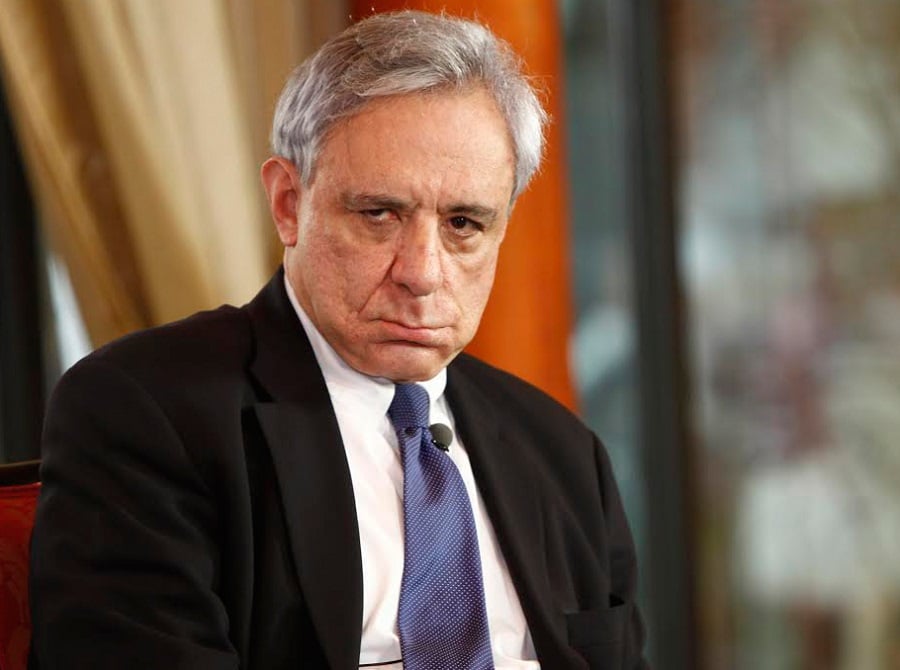In the current phase of the Armenia-Azerbaijan talks, Baku is demanding that Yerevan adopt a new constitution that removes any language which could be interpreted as a claim to Nagorno-Karabakh. The appropriate response from any self-respecting Armenian government should be clear and firm: “That is none of your business.”
However, since Prime Minister Nikol Pashinyan appears willing to comply with Baku’s demand, then in the spirit of reciprocity, Armenia must also insist on constitutional changes in Azerbaijan. Here’s why: beneath Azerbaijan’s demand lies a glaring contradiction within its own constitutional framework—one that warrants scrutiny not only for its legal inconsistency but also for the destabilizing precedent it sets.
If Azerbaijan is truly committed to building a future grounded in current realities and mutual recognition, then it must also confront the problematic legacy enshrined in its own foundational legal texts.
Azerbaijan’s 1991 Constitutional Act on State Independence goes beyond a simple declaration of sovereignty. It explicitly positions the modern Republic of Azerbaijan as the legal and political successor to the 1918–1920 Democratic Republic of Azerbaijan, rejecting the entirety of the Soviet political and legal order. It asserts that the Soviet Union’s imposition of power in Baku constituted an illegal annexation, and it disavows all treaties and internal Soviet laws that followed. In doing so, Azerbaijan symbolically and legally detaches itself from the Soviet period, including the very Soviet legal acts that transferred Nagorno-Karabakh to the Azerbaijan SSR in 1921.
This is not an obscure constitutional relic. The government of Azerbaijan has repeatedly reaffirmed this succession, most notably during the 2008–2009 national celebrations of the 90th anniversary of the first republic. The message was clear: Azerbaijan is not merely a post-Soviet state but the revived embodiment of a state that existed prior to the Soviet Union. However, this historical posture comes with an uncomfortable truth. In 1918–1920, the borders of Armenia and Azerbaijan were not clearly defined. The first republics were engaged in armed conflicts over several regions—crucially, Nagorno-Karabakh. During this period, control over these territories was fluid and often determined by military force, diplomacy, or external intervention. To lay claim to Nagorno-Karabakh today by invoking the legacy of the 1918–1920 republic is, therefore, to embrace an era of contested and ambiguous territorial arrangements.
Read also
Azerbaijan cannot have it both ways. It cannot reject the Soviet legal order while relying on Soviet-era decisions to justify its territorial claims. The 1921 Soviet Caucasian Bureau decision that placed Nagorno-Karabakh under the jurisdiction of Soviet Azerbaijan was a Soviet political act. By invalidating all Soviet legal and administrative decisions, Azerbaijan invalidates this transfer as well. The legal logic it applies to deny the legitimacy of the USSR’s formation must also apply to the decisions the USSR made regarding internal boundaries—unless, of course, it chooses to selectively resurrect Soviet law for its own benefit, undermining the very coherence of its constitutional order.
This inconsistency becomes all the more stark in the context of Baku’s demands that Armenia revise its own constitutional provisions to ensure they are aligned with the principle of territorial integrity. If Armenia is to be expected to remove any ambiguity regarding its recognition of Azerbaijan’s borders, then Azerbaijan must show equal willingness to ensure that its own constitution no longer rests on a legal identity that predates—and contradicts—those same borders. A constitutional order that simultaneously claims inheritance from a republic with uncertain frontiers and denies the legal structure that established modern boundaries is not one that can credibly demand clarity and finality from its neighbors.
If Azerbaijan truly wishes to turn the page on a century of conflict and build lasting peace in the South Caucasus, it must first look inward and ensure that its own constitutional narrative does not perpetuate irredentist ambiguity. This will require restoring Nagorno-Karabakh’s self-rule, returning occupied Armenian territories, and formally renouncing any territorial claims against Armenia. Azerbaijan cannot demand that Armenia bury the past while clinging to a version of history that undermines the very framework of contemporary international law. Peace, after all, is built not only on constitutions and treaties, but also on intellectual and legal honesty—something that must begin at home.
Vartan Oskanian,
Armenia’s former foreign minister



















































